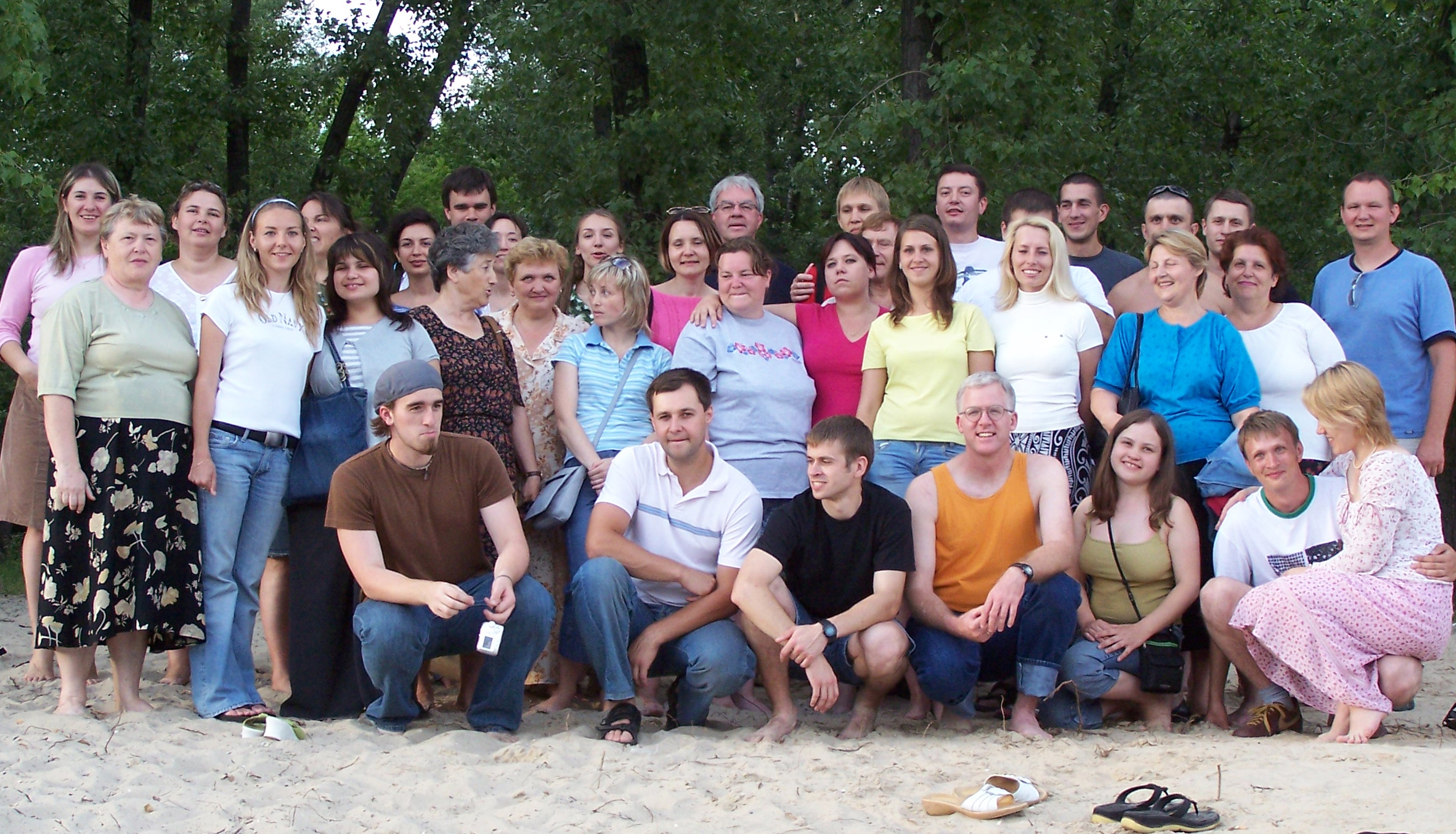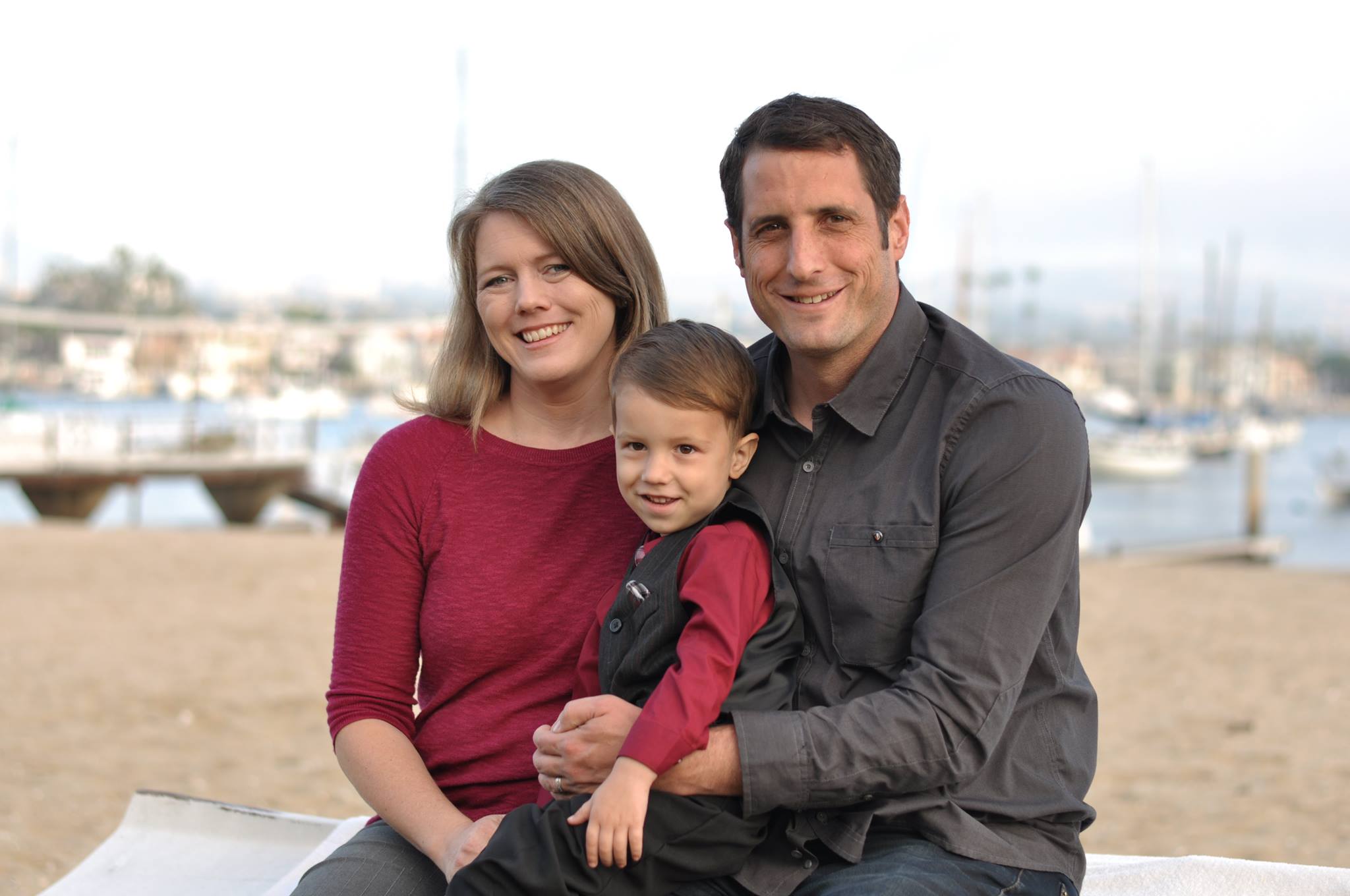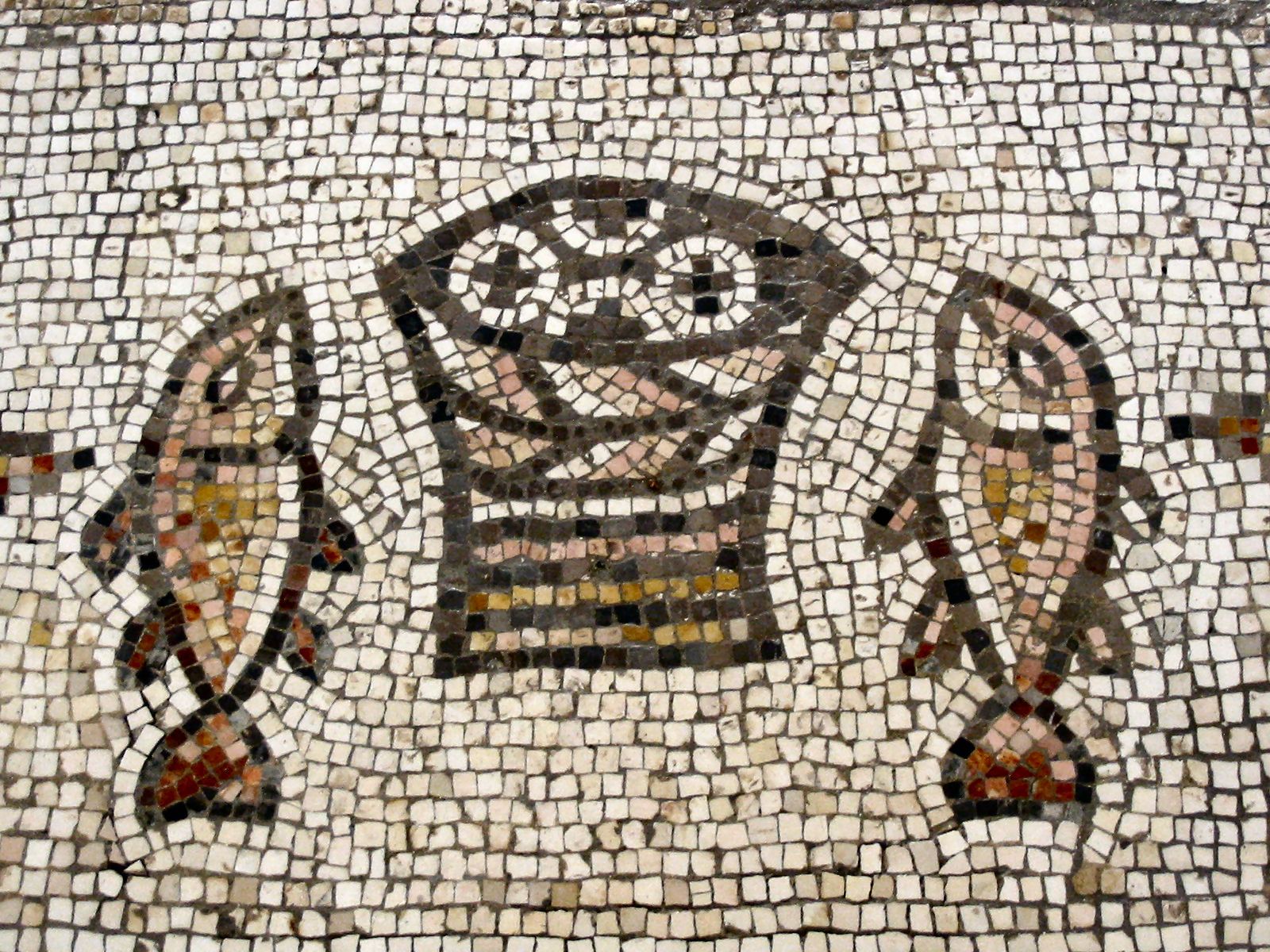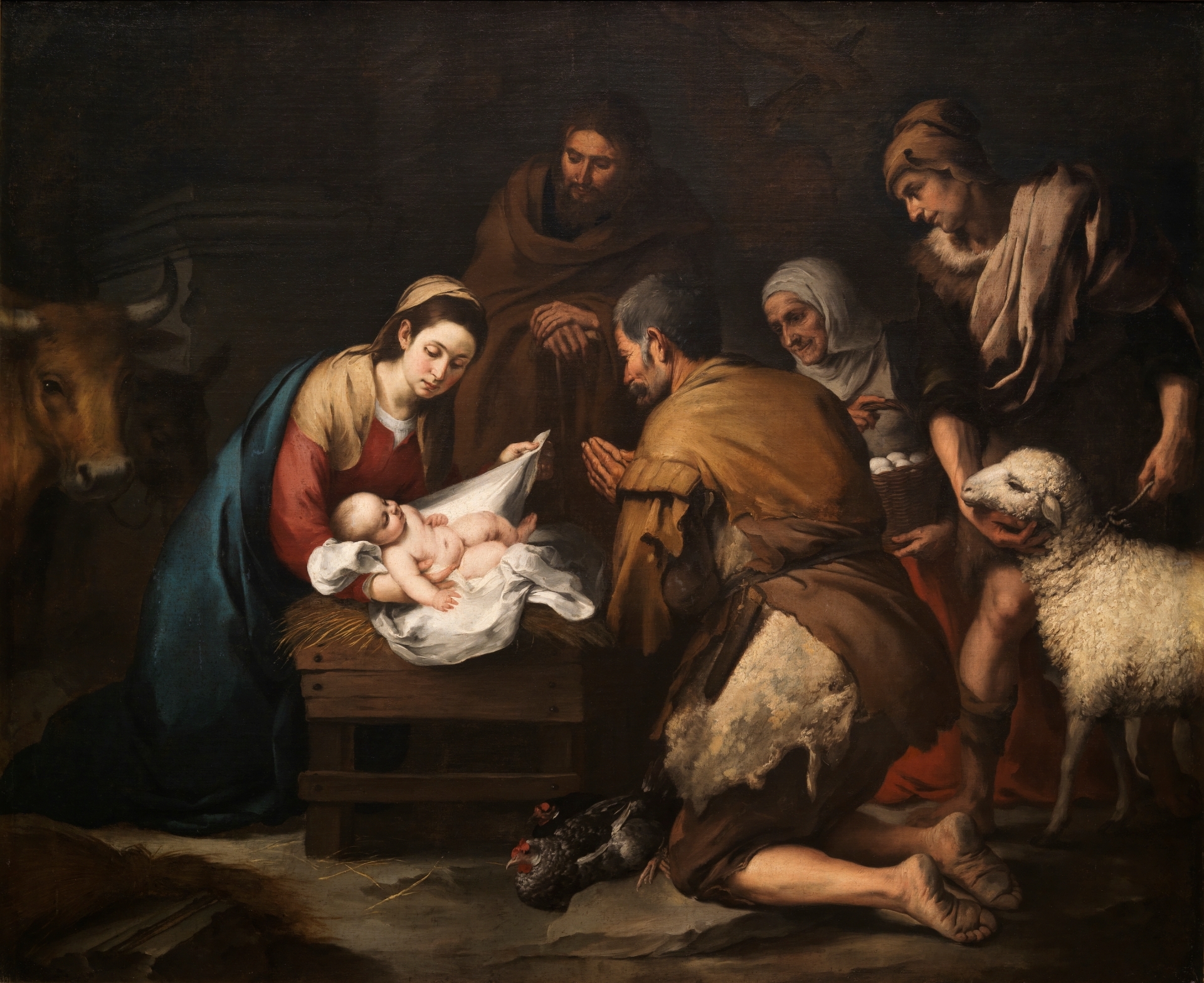
This short article was written for a Ukrainian publication almost 14 years ago. With the increasing possibility of a full military invasion by Russia looming on the horizon (after and already ongoing eight-year-conflict leaving more than 13,000 dead), thoughts of the Christian response to the issues of patriotism, nationalism, and war seem more pertinent now than ever. Please pray for Ukraine!
When the terrorists crashed the planes into the Twin Towers in New York City, I felt a sense of patriotism in a commiserative sort of way. Even though I was 7500 kilometers away from that tragic event I still felt united in the loss and sense of violation that occurred through that attack.
Patriotism is a love of fatherland; a strong attachment to one’s country and culture of origin which is manifested even in times of conflict or war. Patriotism stresses the need for the individual to place the interests of the nation above their own, and that the individual has a greater moral duty to his fellow citizens than to foreigners. In discussing patriotism, it seems that people have different understandings of it. Some say it is bad, other that it is good. What is my opinion as an American, Christian, and a missionary?
I believe that there are positive aspects to patriotism. First, a healthy love of one’s country can result in humanitarian acts shown to those around you. The natural desire to help your nation and to see it succeed can drive a person to constructive action. A true patriot has a zeal for the uplifting, protecting, and advancing of their country. Next, patriotism is a self-sacrificing motivator toward the defending of family, friends, and that which is held dear to the individual. Conversely, a lack of patriotism is often interpreted to be threat to the fatherland.
On a negative side, patriotism can easily lead to nationalism – the thought that one’s nation is right no matter what. George Orwell said, “Patriotism is of its nature defensive, both militarily and culturally. Nationalism, on the other hand, is inseparable from the desire for power.” Also, patriotism can result in negative feelings toward foreigners within your country, other cultures and ways of doing things, as well as in an unhealthy independence from others in our ever-shrinking, globalized world.
Personally, I am proud to be an American, but not always. After having lived overseas for so many years, it seems that there are times when I am NOT supposed to be proud to be an American. When people hold views contrary to those espoused by the leadership of the USA, I sense that I am supposed to agree with them in an almost unpatriotic sort of way. Although I may disagree with the leadership of my country at times, it is similar to someone talking bad about your brother – even though you may fight with him at home, no one else has the right to talk bad about him.
The Apostle Paul seems to me to be the prime example of a patriot. He loved his people, traditions, and heritage. In Romans 9, Paul writes regarding his strong desire for the salvation of his countrymen according to the flesh. In another place he writes that he considered himself a Hebrew of the Hebrews, from good stock – the tribe of Benjamin, more in line with the culture and traditions of his time than others. Yet, this is the same Paul who said that he counts it all as dung, in comparison to knowing Jesus Christ.
This is where the rubber meets the road. Patriotism is a love for country, homeland, and community. For us as believers, we are now citizens of heaven – this world is not our spiritual home, but we are just passing through. My passport still says U.S.A., but when worldly patriotism conflicts with my love for and obedience to the things of God, my loyalty to the Kingdom of God must come first. It was Paul who said that he became all things to all people that he might win some, and that we should imitate him as he imitated Christ. Can I say that I am prepared to act that way towards a foreigner in my country? One of Jesus’ disciples, Simon the Zealot, was a patriot – perhaps even more of a nationalist. Yet, we read nothing of his political actions, military motivations, or dreams of defending his physical homeland. Instead we see him being sent out by Jesus to preach the message of the kingdom of heaven. Overall, I believe that patriotism is a positive characteristic, yet if unchecked it can hinder the spreading of the Gospel.
Jed Gourley
February 20, 2008
Bishkek, Kyrgyzstan








 Missions is a non-Biblical term used to describe a Biblical church’s intentional and international evangelical activity. Hold on. You said international. Are you one of those guys that thinks that foreign missions is more important than domestic missions? Well, not really. I just think that somehow we need to differentiate between these concepts, both for the general understanding of the people in the pews as well as for proper implementation of the vision that the Lord has given to us as a church. For you see, when everyone is a missionary, then no one is. And when everything is missions, then nothing is.
Missions is a non-Biblical term used to describe a Biblical church’s intentional and international evangelical activity. Hold on. You said international. Are you one of those guys that thinks that foreign missions is more important than domestic missions? Well, not really. I just think that somehow we need to differentiate between these concepts, both for the general understanding of the people in the pews as well as for proper implementation of the vision that the Lord has given to us as a church. For you see, when everyone is a missionary, then no one is. And when everything is missions, then nothing is.

